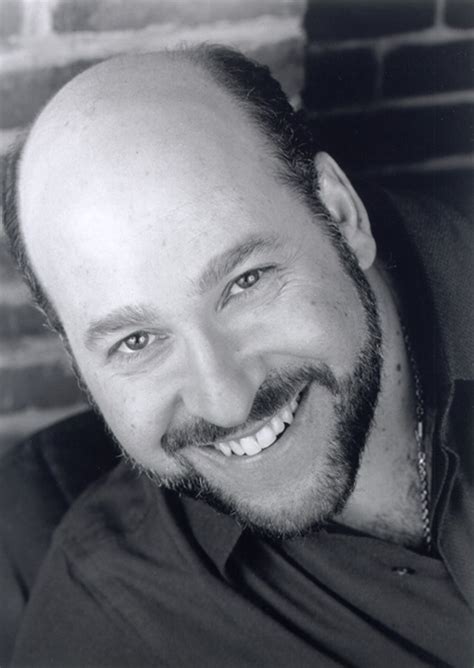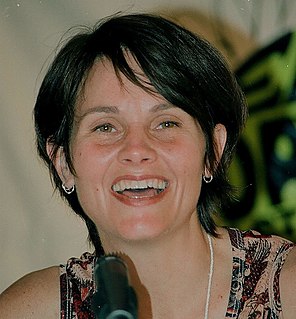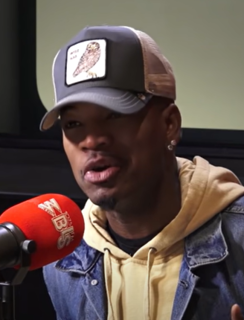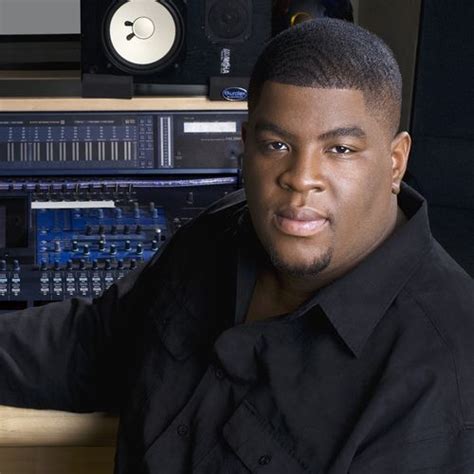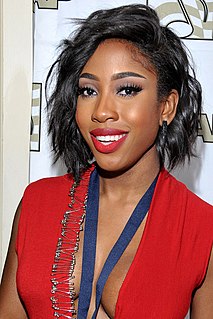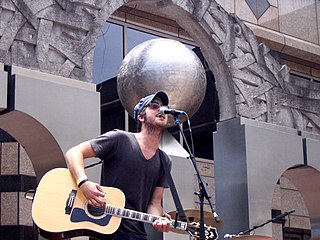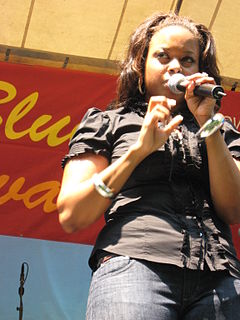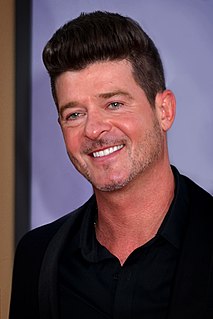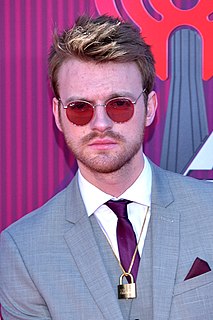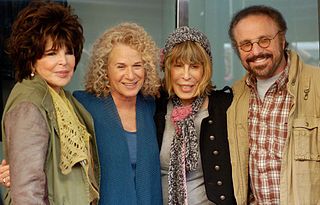A Quote by Chris Stapleton
When you're writing with an artist or for an artist, you have to help them serve their vision. That's the cool part about writing songs. There are no rules.
Related Quotes
I was a cover artist for years. I didn't start writing songs until I was in my mid-twenties. I wrote them with John Leventhal, and they were pretty bad. I was in my late twenties when I wrote the first song with him that made any sense to me about what I was rooted in and what spoke for me as an artist. That was 'Diamond in the Rough.'
I think everyone has a story to tell. Part of what I do is help artists find their voice, not only their vocal voice, but their writing voice. Every artist that I worked with who has those records that everyone talks about, they are also writers. I like to say I helped support whatever their writing was so people heard the song clearly.
The exciting part about sitting down and writing songs, playing shows, or being a musician in general is that you never know where those songs and that music is going to take you. There's such a cool feeling about that the phone could ring tomorrow and someone could say "he guess what? your song..." That really is cool.
When I wrote for Jordan Knight, I was 17 or 18, they were pretty much the only songs I was writing. By the time people like Christina or Usher came around, I was able to know that I was writing for different points of view and people that might not want to say certain things. So you have to be considerate of whichever artist you're writing for.

